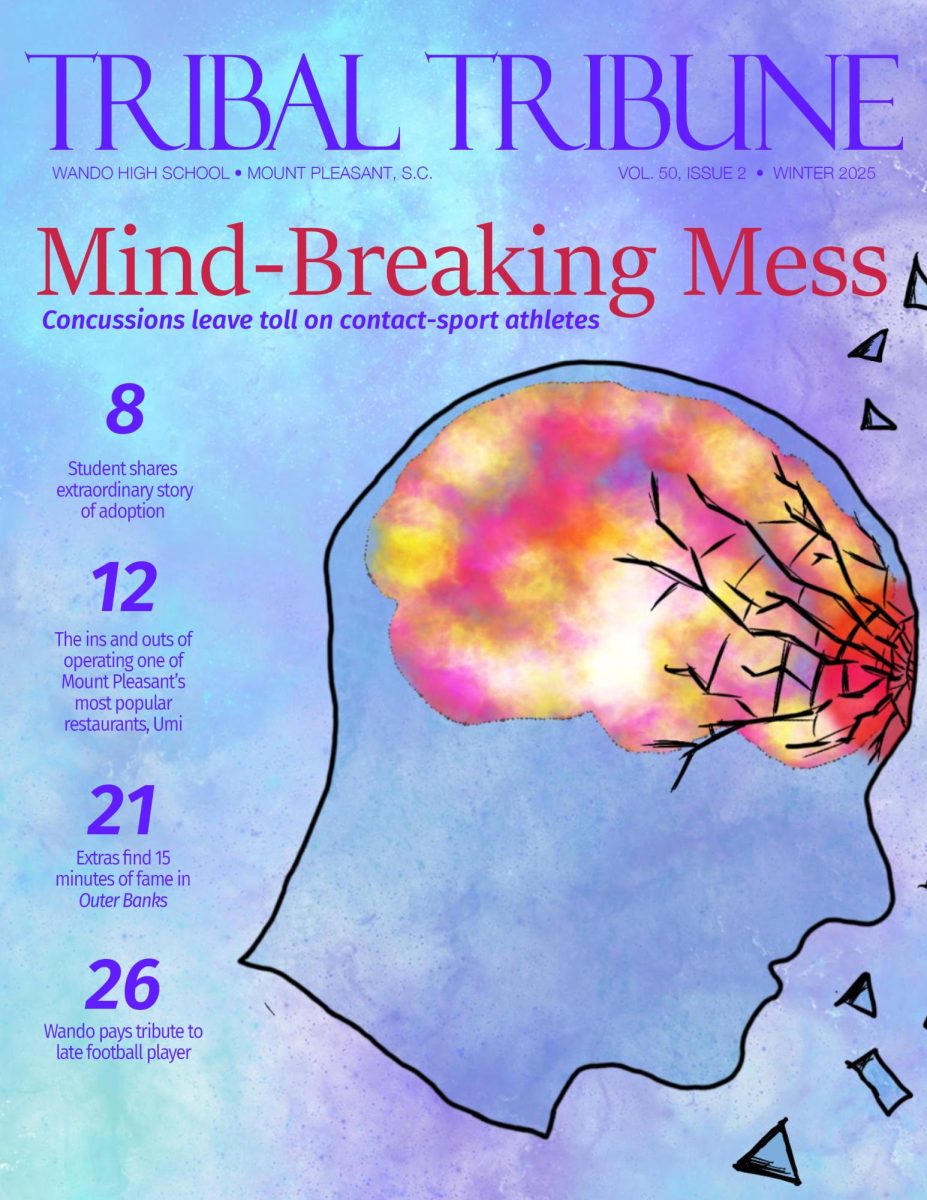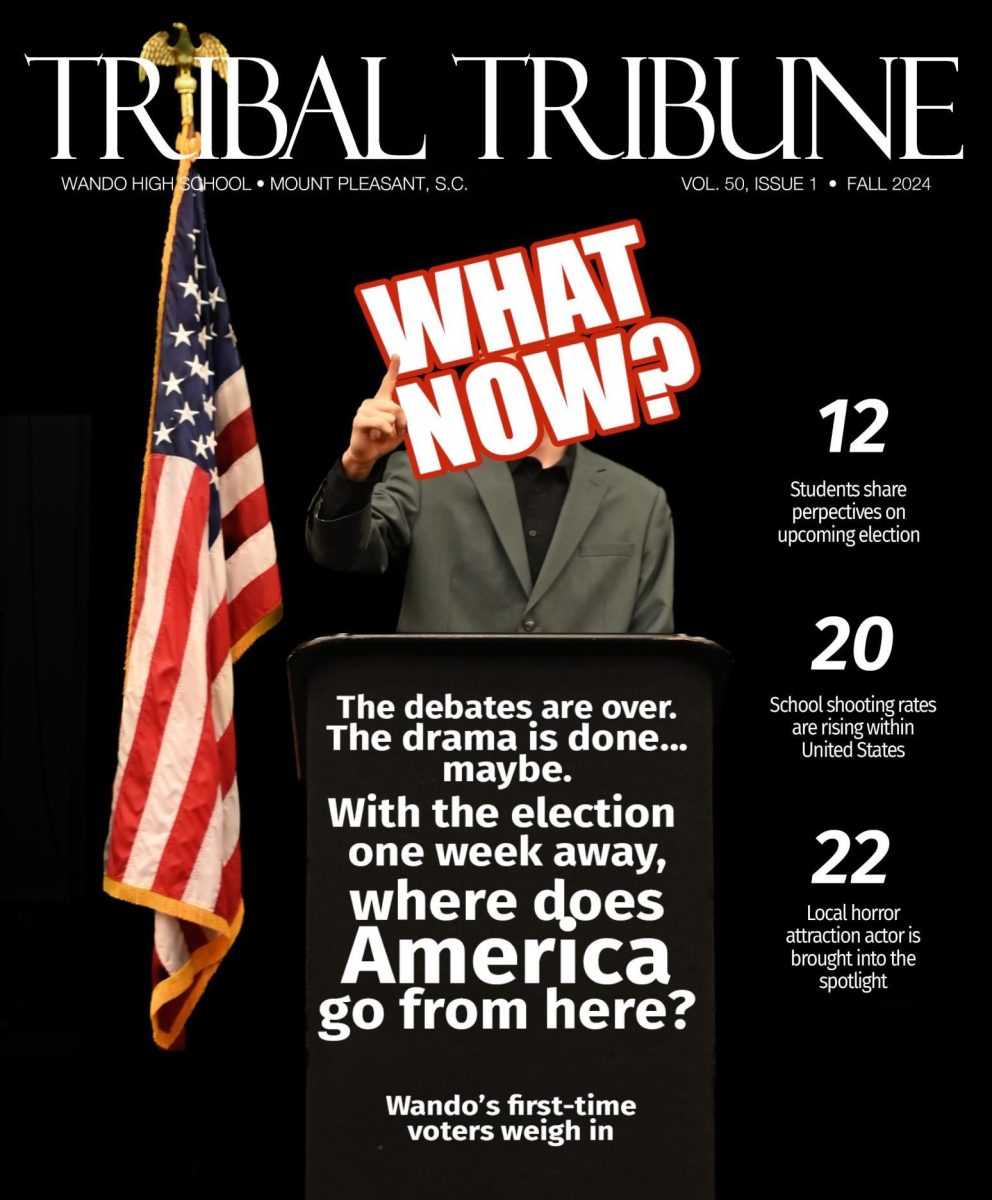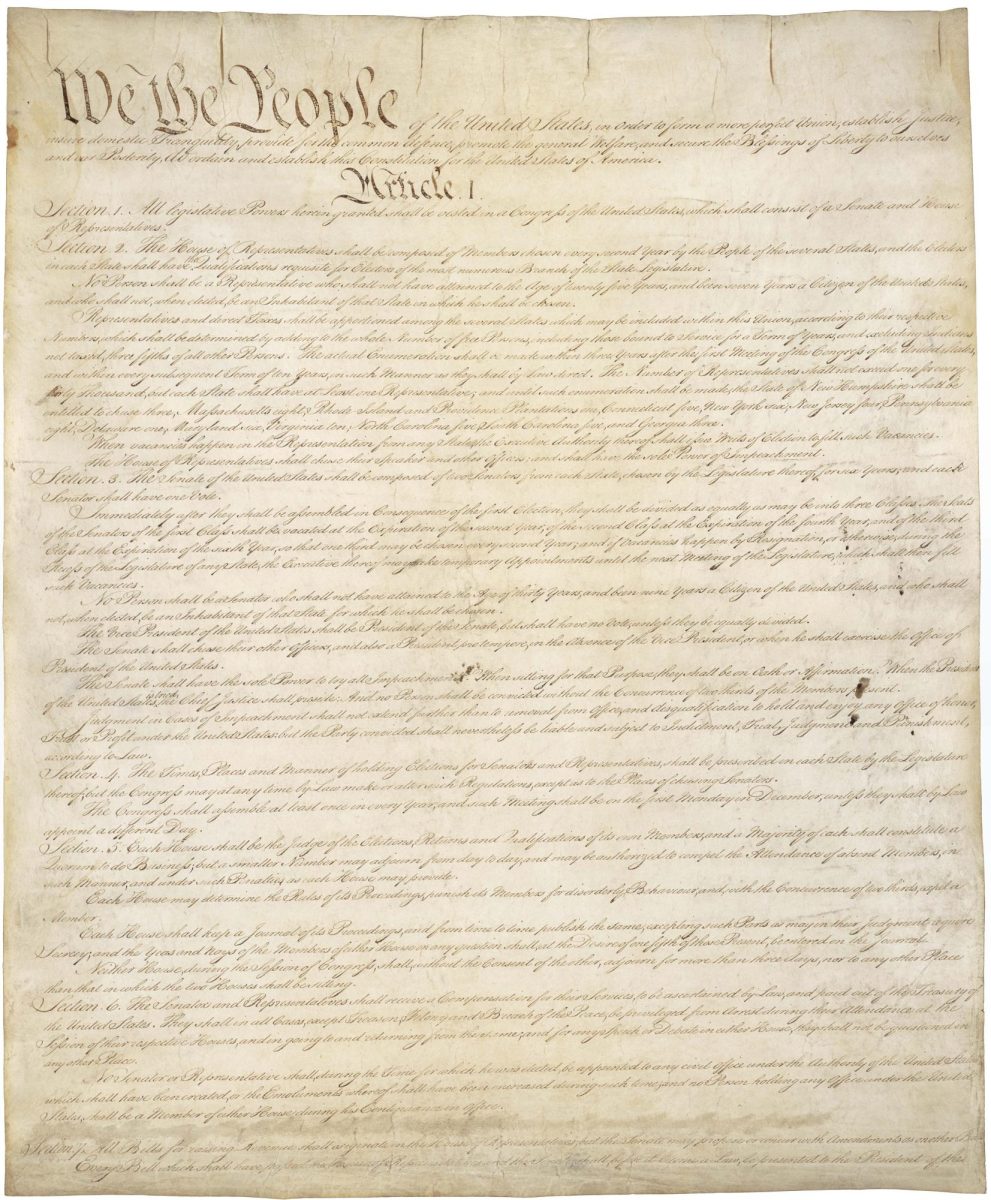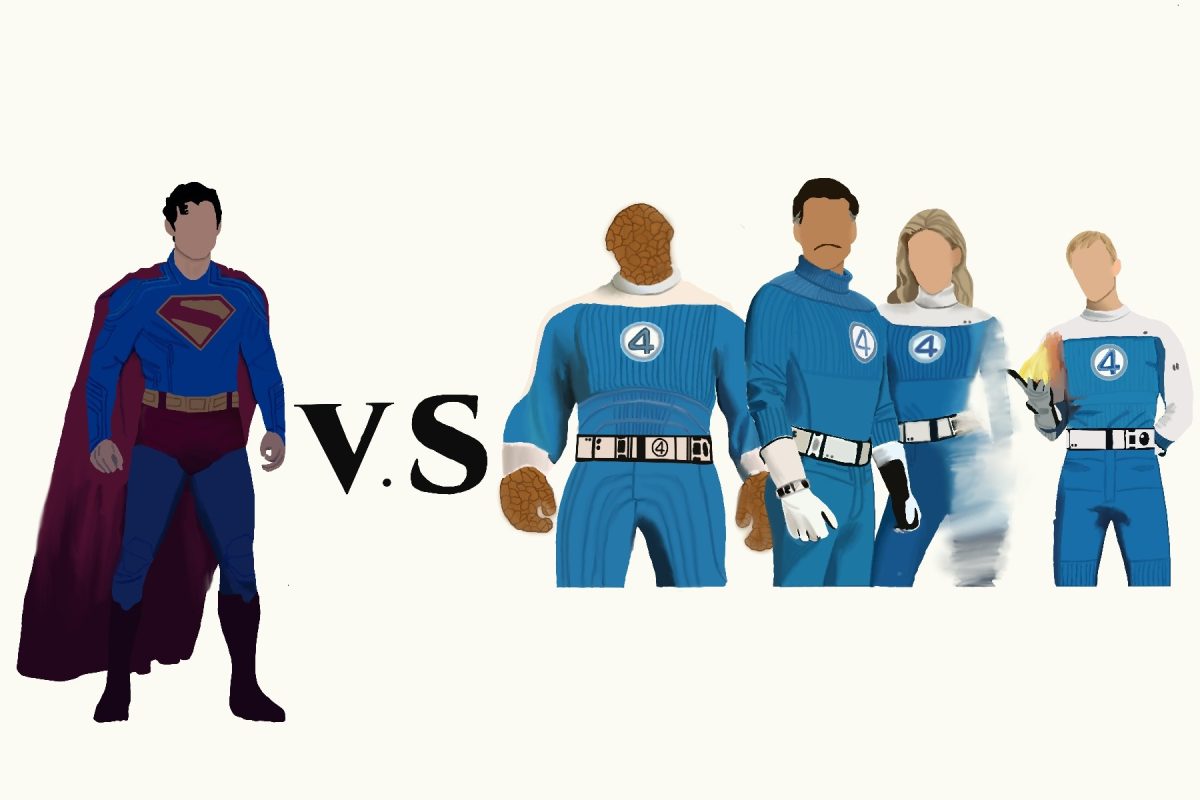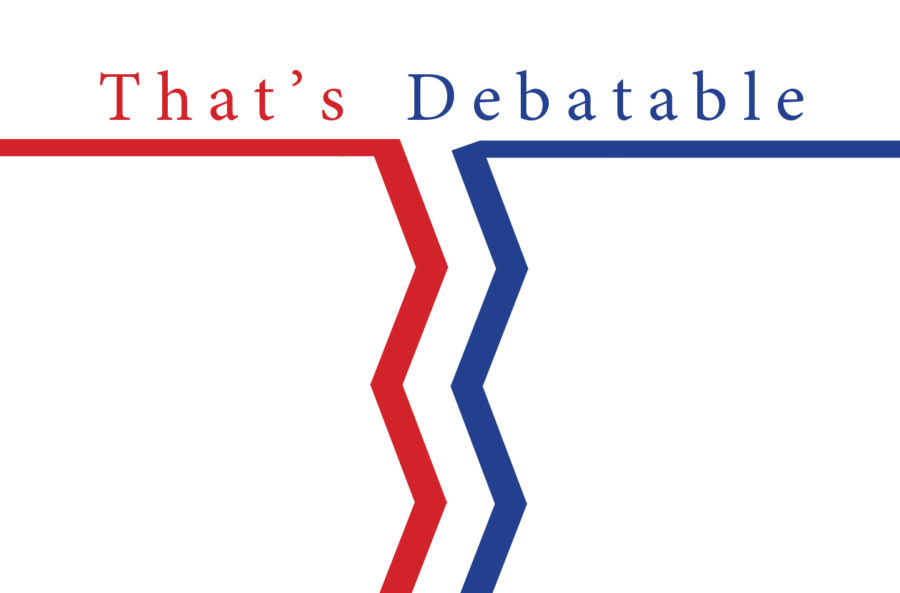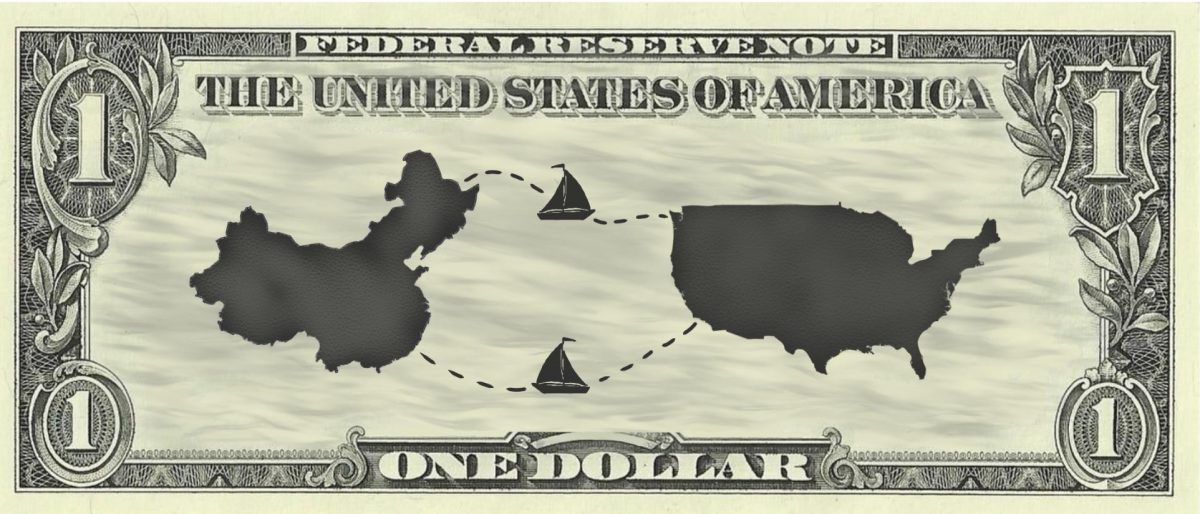The stage has been set for one of the biggest battles of the century, one between the executive and judicial branches of the U.S. government.
On March 15, President Donald Trump’s administration wrongfully deported Kilmar Abrego Garcia, a legal U.S. resident, to El Salvador.
After a contested ruling in federal court, the Supreme Court unanimously decided on April 7 that the U.S. had to ‘facilitate the return of Abrego Garcia’.
Keep in mind that the Supreme Court is the deciding force on how the Constitution is interpreted, and thus it is required that other government branches follow the rulings of the Supreme Court, as their rulings are the word of the Constitution.
As a result of the ruling, sitting President Donald Trump met with Nayib Bukele, the self-described ‘world’s coolest dictator’ of El Salvador. During the meeting, both parties agreed that Garcia would not be brought back to the United States, with Bukele even saying that the idea was ‘preposterous’.
After the meeting, the two leaders could be heard agreeing that U.S. citizens who had committed crimes multiple times were next. The idea has been reaffirmed in press conferences at the White House.
The idea of deporting citizens is unequivocally illegal by the standards of the U.S. Constitution, but the same applies to deporting those living within the U.S. legally, even if they are not citizens. Even undocumented migrants are entitled to due process before being deported.
The system of checks and balances was established to maintain a stable democracy, thus those who defy it are quite simply working to undermine the core principle of democracy.
With the sitting president choosing to defy the constitution and the system of checks and balances, concerns of a so-called ‘Constitutional Crisis’ have become rapidly apparent.
A Constitutional Crisis is a situation in which a country has a problem that cannot be solved through its Constitution, so really, a more fitting name for the situation is something like; ‘an attack on the Constitution’.
Federal judges have now taken action to start questioning Trump administration officials on the reasoning for disobeying the Supreme Court, but the courts have more ways to force the administration into cooperation.
For example, they have threatened criminal contempt of court charges against administration officials.
Courts can hold those who do not comply with their rulings in contempt of court, which can mean jail time or large fines. No president has ever been held in contempt of court; in fact, they can pardon others from that same punishment, though they cannot pardon themselves.
This is far from the only case where the Trump administration is conflicting with the judicial system.
The Trump administration has already had 196 cases filed against it, according to justsecurity.org, for many different reasons, but throughout the past four months since he was inaugurated, he and his administration have ignored multiple different rulings so far, according to ABC News. A further 78 cases have paused, at least temporarily, on orders by the administration, according to the New York Times.
President Trump’s direct and consistent avoidance of the law, and the constitution, is the very reason why he should not be the president at all. The man who ignores the system of checks and balances should not be allowed by the people to sleep in the same house of those who made the constitution – especially since a palace and a throne would be more fitting for a king.



